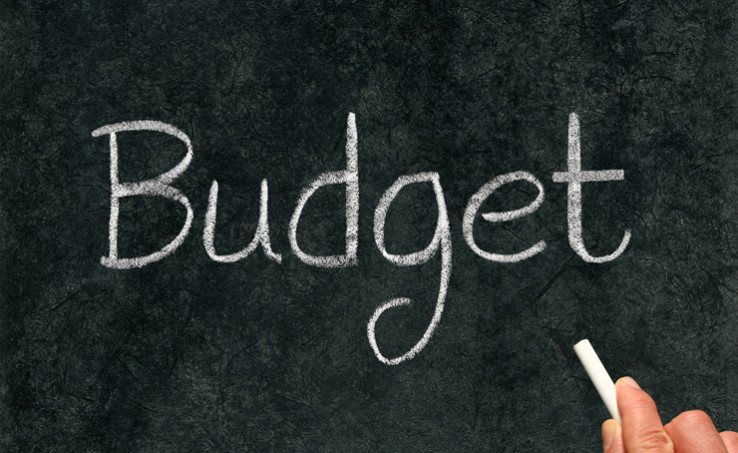Budget passed into law with N200bn slash

The 2016 “Budget of Change” which was signed into law yesterday by President Muhammadu Buhari has a capital outlay of N6.06 trillion, N200 billion short of the N6.08 billion originally proposed by the executive.
The cut in the budget was essentially from the recurrent component, an indication that the government is serious about cutting cost on items like travels, welfare and honorarium across many ministries departments and agencies.
Details of the signed budget are yet to be made public by the Budget Office but it was learnt that the Lagos-Calabar rail project which generated a lot of controversy is contained in the new budget.
It was gathered that the Budget and National Planning, Senator Udo Udoma has admitted that the lateness of the 2016 Appropriation Act may hinder Federal Government’s aim of achieving a full implementation this year.
“Our aim is 100 per cent implementation because the budget is a law that must be implemented. But the reality is that we may not achieve this because we are starting late,” the minister told State House correspondents shortly after President Buhari signed the budget at the President Villa, Abuja.
Charles Mafe, Director of Information at the Ministry of Budget and National Planning, told The Nation that comprehensive details of the 2016 national budget would be presented by Senator Udoma at a press conference scheduled to take place in Abuja next Thursday.
On December 22, last year, President Buhari presented a budget proposal totalling N6. 08 billion to a joint session of the National Assembly.
It comprised a total of N351bn for statutory transfers, N2.8trn for recurrent expenditure and N1. 8trn for capital expenditure.
The National Assembly subsequently reduced the total budget sum from N6.08 trillion to N6.06 trillion with N351bn for statutory transfers, N1.4 trillion for debt service, N2.6 trillion for recurrent expenditure, and N1.5 trillion for capital expenditure.
Challenges
With the latest attack on Chevron Corp’s Okan oil facility, the company’s production level has declined by 90, 000 barrels per day while Nigeria’s oil output now lingers at a 22-year low.
Such unexpected production cuts caused by militants in the Niger Delta indicates decreasing likelihood of attaining the 2016 budget’s oil production target of 2.2 million barrels per day.









0 Comments